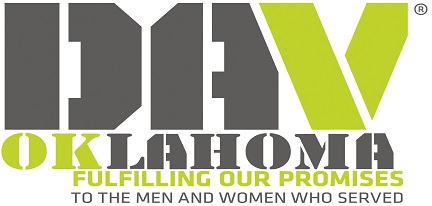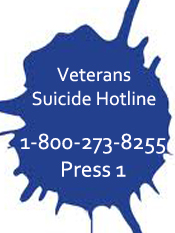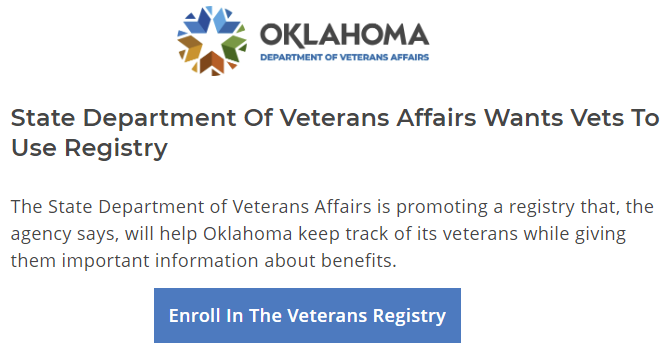Please Scroll down and look at the bill numbers and ask our Oklahoma elected officials to SUPPORT THEM……PLEASE make YOUR VOICE HEARD….Let them know who elected them…….
When Congress returns to Washington after Labor Day, they will have less than four weeks to deal with unfinished legislative matters prior to the November elections. There may even be less time if one chamber of Congress decides to leave earlier than currently planned.
With the number of legislative days dwindling, key legislative priorities of the DAV have yet to be passed by Congress.
Women Veterans: DAV’s special report-Women Veterans: The Long Journey Homeidentified gaps in benefits and services across the federal landscape for women service members and veterans. Congress must act to improve services for women veterans and ensure their unique transition needs are met. Several bills are pending in both the House and Senate to aid women veterans.
Caregivers: Today, only veterans severely injured on or after September 11, 2001 are eligible for comprehensive VA caregiver supports and services. Congress must pass legislation to expand the eligibility for VA’s Caregiver Support Program to veterans of all eras.
Appeals Reform: Because VA’s inventory of appeals continues to outpace its processing capacity, passing of reform legislation is needed to correct this unacceptable situation and modernize VA’s appeal process.
Several bipartisan legislative measures are awaiting Congressional consideration that would address these problems. With elected officials now back in your home state, now is the time to call your elected representatives’ district and state offices.
You can find your elected officials’ district telephone numbers by entering your zip code here. Please call them with this message:
Ask for their commitment to pass legislation: 1) to ensure VA meets the unique needs of women veterans, including H.R. 1356 and S. 471; 2) to expand access to VA’s comprehensive caregiver support program, H.R. 2894 and; 3) to modernize VA’s appeal process, H.R. 5620. Also, please press for passage of S. 2921, the Veterans First Act, which contains many of these same provisions.
As always, DAV appreciates your advocacy and participation in the Commander’s Action Network. Your grassroots activism makes DAV more influential in promoting policies and programs to aid injured and ill veterans.
Click the link below to log in and send your message:
https://www.votervoice.net/BroadcastLinks/7nuSk5zoBvSkxl0PPLOYHQ





